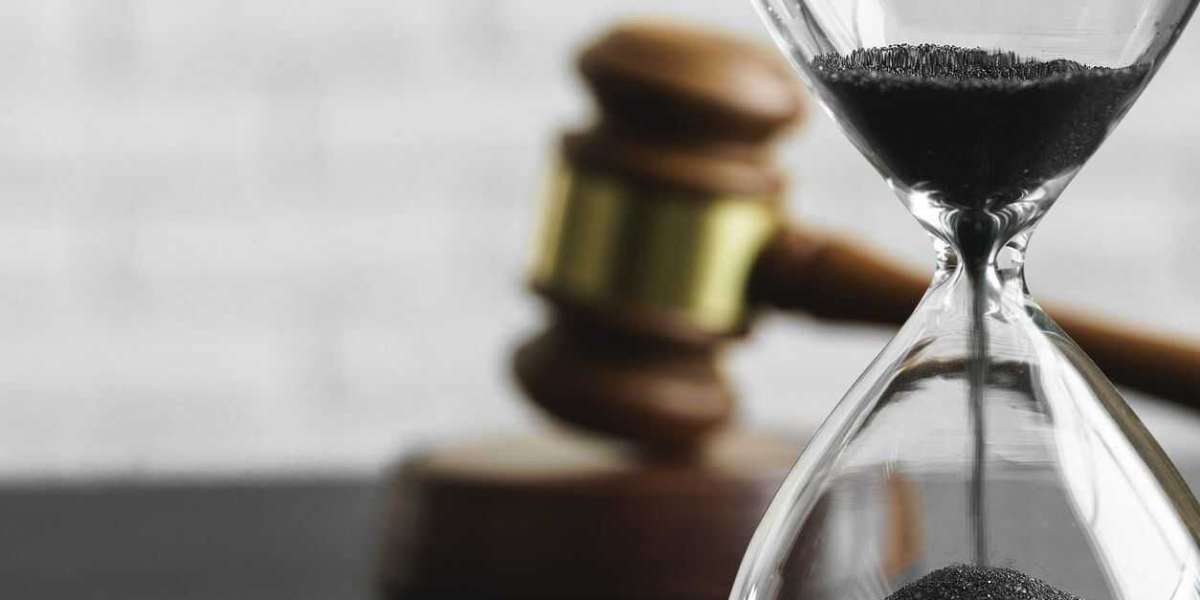Are you considering appointing a will executor but feeling overwhelmed by the responsibilities? Understanding the role of a will executor is crucial when creating an estate plan. Let's demystify will executors and explore everything you need to know about this important position.
What is a Will Executor?
A will executor, also known as a personal representative, is an individual appointed by a testator to carry out the instructions outlined in their will after they pass away. The executor's primary role is to ensure that the deceased's assets are distributed according to their wishes and that all debts and taxes are settled.
Responsibilities of a Will Executor
- Gathering Assets: The executor is responsible for locating and securing all of the deceased's assets, including bank accounts, real estate, investments, and personal belongings.
- Paying Debts: Before distributing the assets to the beneficiaries, the executor must pay off any debts and taxes owed by the deceased's estate.
- Distributing Assets: Once all debts have been settled, the executor distributes the remaining assets to the beneficiaries as outlined in the will.
- Legal Proceedings: In some cases, the executor may need to initiate legal proceedings on behalf of the estate, such as contesting a will or defending against claims from creditors.
Qualities of a Good Will Executor
A good will executor should possess the following qualities:
- Trustworthiness: The executor must act in the best interests of the estate and its beneficiaries.
- Organisational Skills: Managing the estate's assets and finances requires strong organisational skills.
- Communication: The executor must be able to communicate effectively with beneficiaries, creditors, and other parties involved in the estate administration.
How to Choose a Will Executor?
Selecting the right person to serve as your will executor is a crucial decision. Here are some factors to consider when choosing a will executor:
- Trust: Choose someone you trust to carry out your wishes and act in the best interests of your beneficiaries.
- Experience: Consider selecting someone with experience in managing finances and legal matters.
- Availability: Ensure that your chosen executor has the time and willingness to fulfil the responsibilities of the role.
- Impartiality: If you have multiple beneficiaries, consider selecting an executor who can remain impartial and resolve any potential conflicts.
Can You Change Your Will Executor?
Yes, you can change your will executor at any time by revising your will. It's essential to update your will regularly to reflect any changes in your circumstances or relationships. Consult with an estate litigation lawyer to ensure that your wishes are properly documented and legally binding.
Conclusion
In conclusion, understanding the role of a will executor is essential when creating an estate plan. By appointing a trustworthy and capable executor, you can ensure that your assets are distributed according to your wishes and that your loved ones are taken care of. If you need assistance with appointing a will executor or navigating estate litigation, contact our experienced Toronto estate litigation lawyers today. Let us help you protect your legacy and make informed decisions about your estate.


